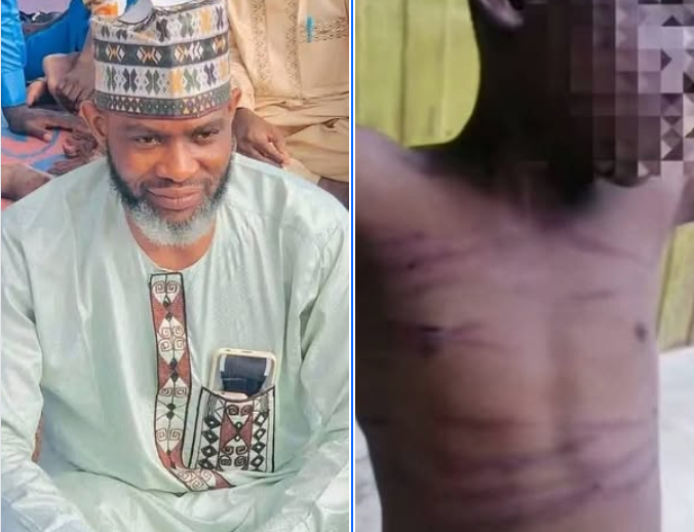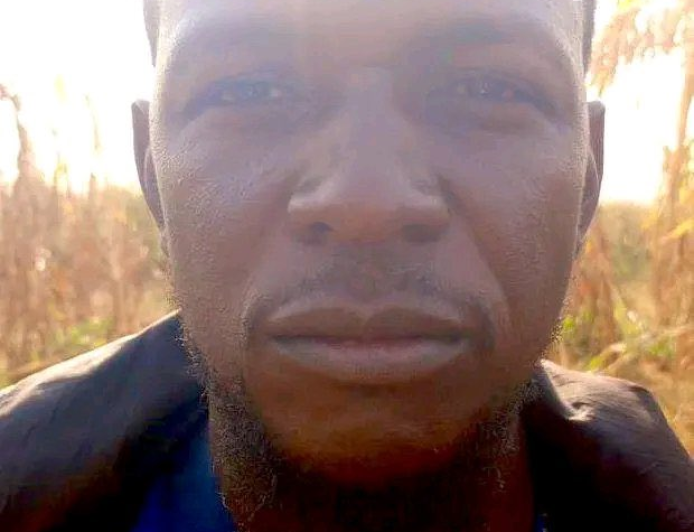An Islamic preacher was detained in Kwara for allegedly...
An Islamic preacher was detained in Kwara for allegedly abusing a 10-year-old kid.
A notorious kidnapper who was terrorizing towns in Kwar...
After a hard battle with security personnel in Isanlu, Isin Local Government Are...






